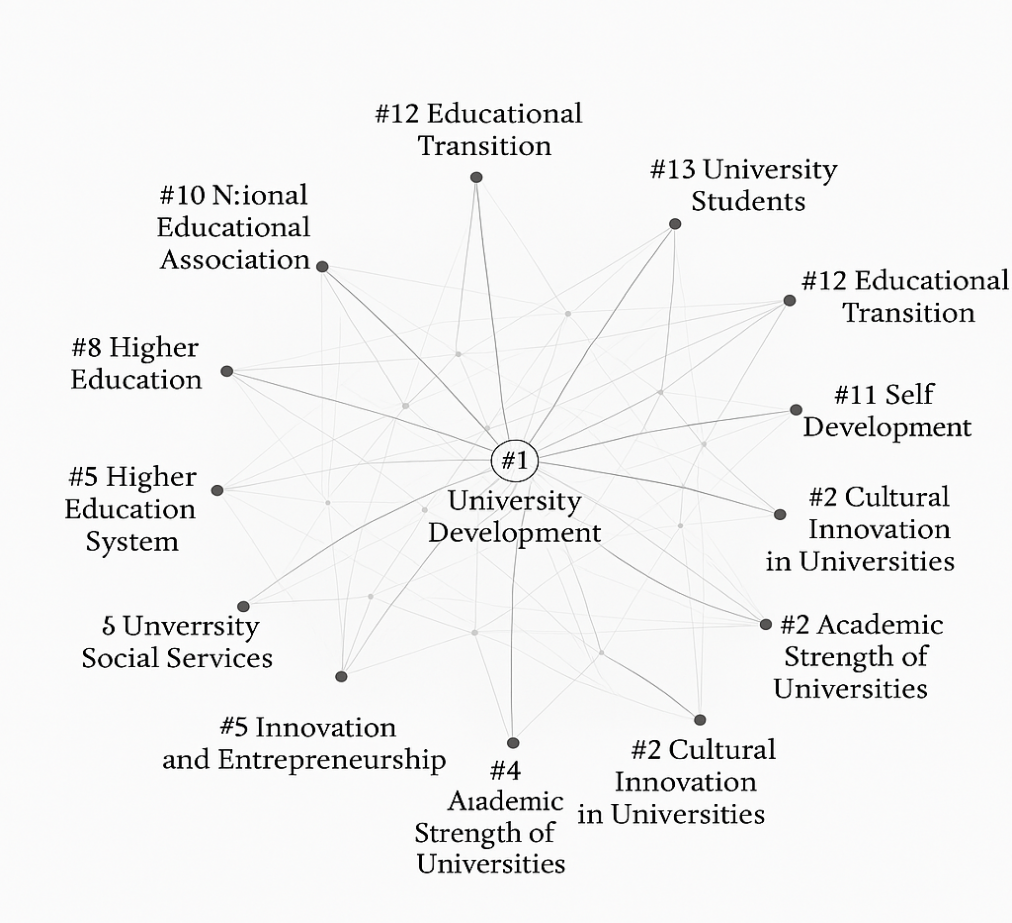Abstract
In the 2020s, as China approaches its second centennial goal, standing at a new historical starting point, young college students, as the future pillars of the country and nation, are entrusted with new historical missions and responsibilities. At the same time, with the continuous development of the country and advances in science and technology, college students in the new era face a variety of employment opportunities and challenges. Through analyzing survey questionnaires and interviews on employment choices and employment psychology from 31 universities nationwide, this study explores new theoretical approaches to the historical mission and employment choices of contemporary university students from a social psychological perspective. The aim is to enhance college students' awareness, recognition, and ability to practice the historical mission entrusted by the times, and, through consciously fulfilling their responsibilities, help them find ideal careers, realize their self-worth, and become witnesses and main contributors to the development of the new era.
Data Availability Statement
Data will be made available on request.
Funding
This work was supported without any funding.
Conflicts of Interest
The author declare no conflicts of interest.
Ethical Approval and Consent to Participate
Not applicable.
Cite This Article
APA Style
Lu, X. (2025). Historical Mission and Life Initiatives of College Students in the New Era: Employment Choices and Employment Psychology - Based on Questionnaires and Interviews from 31 Universities Nationwide. IECE Transactions on Social Statistics and Computing, 2(1), 34–45. https://doi.org/10.62762/TSSC.2025.814082
Publisher's Note
IECE stays neutral with regard to jurisdictional claims in published maps and institutional affiliations.
Rights and permissions
Institute of Emerging and Computer Engineers (IECE) or its licensor (e.g. a society or other partner) holds exclusive rights to this article under a publishing agreement with the author(s) or other rightsholder(s); author self-archiving of the accepted manuscript version of this article is solely governed by the terms of such publishing agreement and applicable law.


 Submit Manuscript
Edit a Special Issue
Submit Manuscript
Edit a Special Issue

